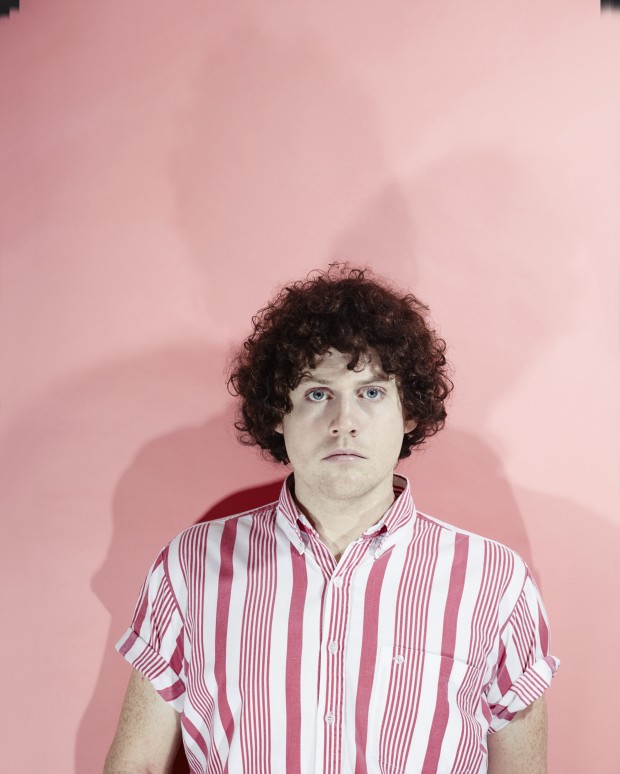 Joseph Mount, creator of English indietronic band Metronomy, divulges the secrets behind their fourth album, Love Letters to MICHAEL CAVES. The record is out now via Because Music/Warner.
Joseph Mount, creator of English indietronic band Metronomy, divulges the secrets behind their fourth album, Love Letters to MICHAEL CAVES. The record is out now via Because Music/Warner.
Recorded at Toe Rag Studios in Hackney, London; the place to go for that retro, purist sound, it could be seen as an unusual choice for a band who up until now, have had a predominantly digital slant to their music.
So how did the decision come about to record with vintage mics, eight-track tape recorders and Abbey Road mixing desks, more akin to the nostalgic British rock styles of the mid-’60s?
Toe Rag Studio is full of vintage ex-BBC and EMI microphones, even the ridiculously old circa 1930’s STC 4021 ‘Ball and Biscuit’ microphone named in The White Stripes song on the Elephant album was recorded within the confines of this illustrious studio.
“Basically at the end of recording The English Riviera, I felt like although I’d recorded the record in a studio, it hadn’t been the experience I’d imagined it to be… it hadn’t been quite as pure or something,” Mount explains. “We were still using a computer and I felt a bit like it was the same process that I would do at home, on my little laptop or whatever… I started to think I should try and get that satisfaction I was looking for and I felt like it would be a really interesting thing to do, to take what I do and what people perceive I do… and record it in a way which involves much more finesse.”
Toe Rag was put together by producer Liam Watson, who during the early ‘90s decided to buck trends and build a studio full of recording equipment dating back to the ‘60s instead of following the developments into the digital realms of ADAT and computer-based recording. 30 years later, the studio’s had numerous hits cut on the classic mixers and tape machine, including an early single by Perth’s own Tame Impala.
Love Letters is a subtly dark release full of reminiscent lyrics about lost love and heartache. The opening track The Upsetter expresses the fragility of Mount’s vocals, which without all the multi-tracking apparent in previous records, has crafted his voice into something more honest and lucid.
“Lyrically it’s more dark, you can hear everything much easier,” he explains. “I think when you’re recording in a studio like that with such limitations, you’ve got no choice but to have the vocal perfect… I think in the past I might have tried to hide behind the effects a lot more.”
Mount seemed unsure if this new record represented a new direction for the band. “With each record I release there’s a context and having a back catalogue… it’s easier to start to build a picture and work out how different tracks and records relate to each. The fact that it was recorded the way it was, changed how I wrote songs… I think I’m getting much more relaxed and I’m beginning to understand what I do a bit better. I think I trust myself, so a definitive sound is emerging I guess.”